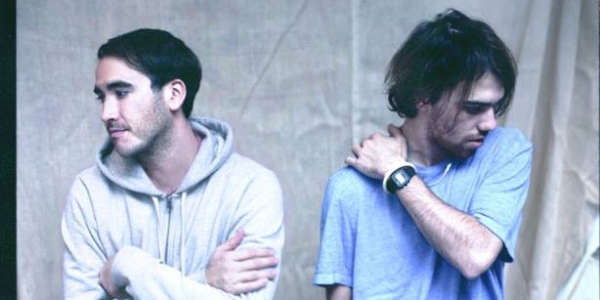The first piece, My Pyramids, was an excruciating story that focused on the character of Lynndie England, a US solider at the centre of the human pyramid debacle involving Iraqi prisoners. It was, quite simply, emotionally insufferable. Vulgar language, the depiction of the acts carried out by the soldiers who effectively tortured these people and the sheer certainty from the soldier that what they had done that day was justifiable. A superb performance from Hannah Norris for committing so convincingly to such a horrid character.
Harrowdown Hill was an eloquent depiction of immense guilt and regret on certain choices made in ones lifetime. David Kelly, played by Robert Meldrum was the British weapons expert during the Iraq war and died alone in a forest after exposing himself as the source that told the media about the fabrication of weapons of mass destruction to justify the invasion of Iraq. Meldrum’s delivery was simple, painful and honestly a relieving respite from the previous monologue.
Lastly, Instruments of Yearning that followed the story of Nehrjas Al Saffarh and was played by Eugenia Fragos. Saffarh was a leading member of Iraq’s Communist party and was detained by Saddam’s soldiers in a torture building named Palace of The End. Saffarh survived the ordeal but was later killed by an American bomb in 1991. Fragos is tremendous as Saffarh, exposing us to the extreme horrors of Saddam’s reign while remaining so soft and dignified in her expression.
Palace of The End is a well-executed and performed play, but can only be recommend for those seeking confrontation in all its horrific glory.
BY LAURA MAIN







